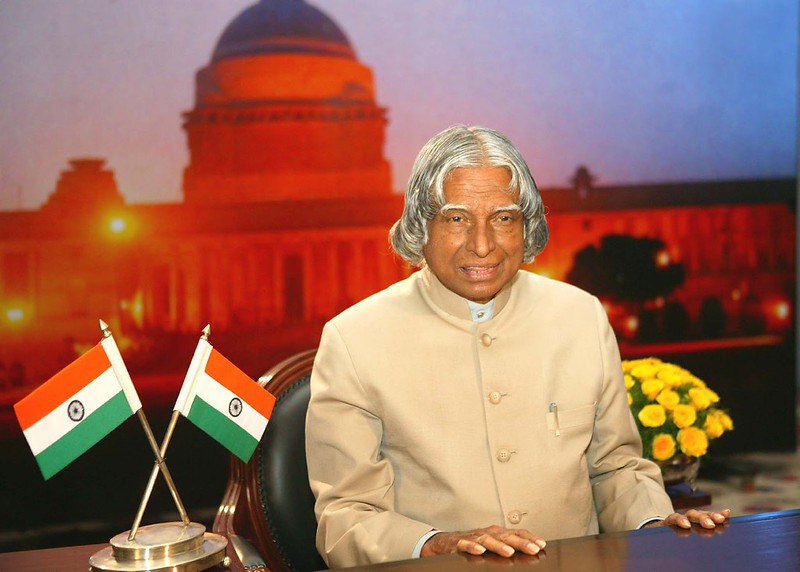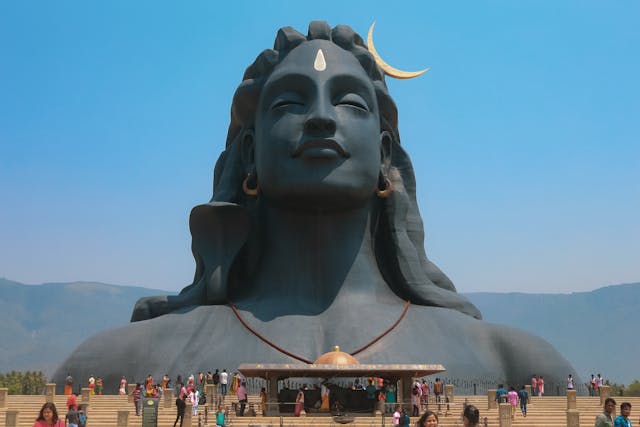Apj abdul kalam”Missile Man of India”
Dr. Avul Pakir Jainulabdeen Abdul Kalam, born on October 15, 1931, in Rameswaram, Tamil Nadu, was a prominent Indian scientist and the 11th President of India. He was widely known as the “Missile Man of India” for his pivotal role in India’s civilian space program and military missile development, and he was beloved for his humility, dedication, and inspirational leadership.
Kalam’s early life was marked by hardship. Coming from a modest background, he worked various jobs, including delivering newspapers, to support his family while pursuing his education. He graduated in Physics from St. Joseph’s College, Tiruchirappalli, and later in Aerospace Engineering from the Madras Institute of Technology.
In 1960, Kalam joined the Defence Research and Development Organisation (DRDO), where he started his career by designing a small hovercraft. In 1969, he moved to the Indian Space Research Organisation (ISRO), where he was the project director of India’s first Satellite Launch Vehicle (SLV-III), which successfully deployed the Rohini satellite in near-earth orbit in 1980.
Kalam returned to DRDO in 1982 and led India’s Integrated Guided Missile Development Program (IGMDP), which developed a series of successful missiles, including Agni, Prithvi, Akash, Trishul, and Nag. These advancements significantly boosted India’s defense capabilities and established Kalam as a key figure in the country’s strategic defense initiatives.
His contributions to science and technology were recognized with several prestigious awards, including the Padma Bhushan in 1981, the Padma Vibhushan in 1990, and the Bharat Ratna, India’s highest civilian award, in 1997.
In 1998, Kalam played a crucial role in India’s Pokhran-II nuclear tests, which made India a nuclear weapon state. His work in defense and nuclear technology earned him widespread acclaim and the title of the “Missile Man of India.”
In 2002, Kalam was elected as the President of India, a position he held until 2007. His presidency was marked by a focus on transforming India into a developed nation by 2020 through a vision he called “India 2020.” He emphasized the importance of education, technology, and sustainable development. Kalam’s term as president was characterized by his accessibility, motivational speeches, and interaction with students and young people.
After his presidency, Kalam remained active as a visiting professor at various institutions, including the Indian Institute of Management Shillong, Ahmedabad, and Indore, and he continued to inspire young minds through his lectures and writings. His books, such as “Wings of Fire,” an autobiography, “Ignited Minds,” and “India 2020,” have motivated millions to dream big and work towards achieving those dreams.
On July 27, 2015, Kalam passed away while delivering a lecture at the Indian Institute of Management Shillong. His death was mourned by millions in India and around the world. He was buried in his hometown of Rameswaram with full state honors.
Dr. A.P.J. Abdul Kalam’s life is a testament to the power of hard work, perseverance, and the pursuit of excellence. He remains a symbol of aspiration and achievement for many, particularly the youth of India, who fondly remember him as the “People’s President.” His legacy continues to inspire and guide future generations towards contributing to the growth and development of the nation.


